At the Human Metabolism and Physiology Lab at the Icahn School of Medicine at Mount Sinai, we use gold-standard equipment to provide individual-level measures, allowing for custom interventions. This approach enables us to assess health exposures and their effects on innate physiology and metabolism. Please reach out for more information on any of these methods.
Human Metabolism and Physiology Lab
Research Capabilities
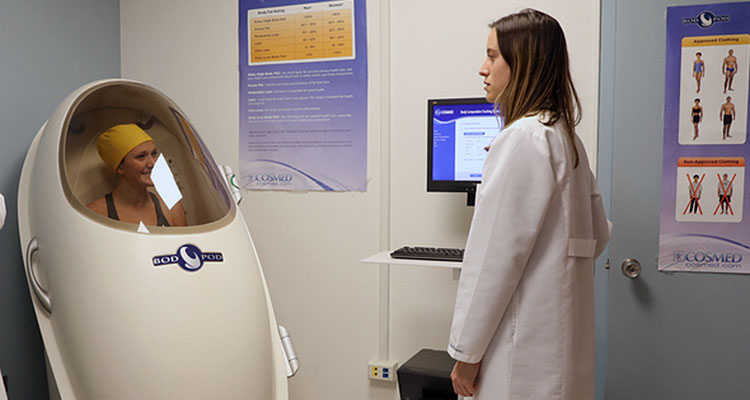
We use the BOD POD (air displacement plethysmography) to measure body composition in terms of fat-mass and fat-free mass. We also look at circumference measures (i.e., waist, hips) to assess body fat distribution.
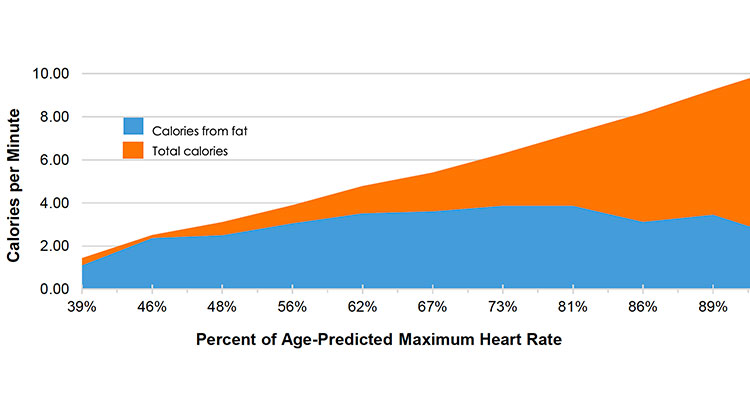
We conduct a wide range of in vivo assessments of energy expenditure and substrate metabolism. Using indirect calorimetry (including whole-room indirect calorimetry), we measure:
- Resting and exercise energy expenditure and substrate utilization (fat vs. carbohydrate oxidation)
- Mitochondrial function protocol to determine fat-burning capacity
- 24-hour total energy expenditure during rest, eating, sleeping, exercising, and activities of daily life using a gold-standard metabolic chamber
We also measure energy expenditure through doubly labeled water and accelerometry studies.
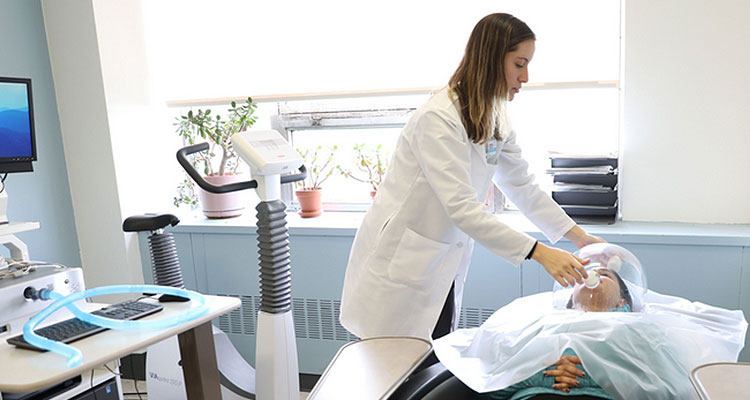
Using indirect calorimetry, we design protocols to assess aerobic fitness through VO2 max testing and submaximal exercise tests.
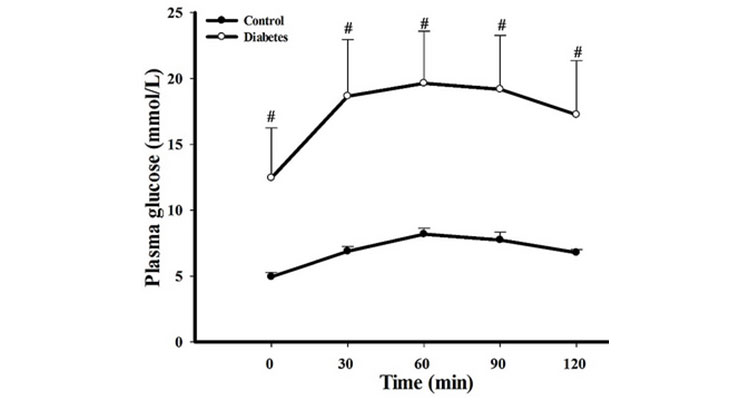
We use several approaches to assess insulin sensitivity, including:
- Fasting plasma glucose and insulin
- Oral glucose tolerance test
- Intravenous glucose tolerance test
- Hyperinsulinemic-euglycemic clamp study
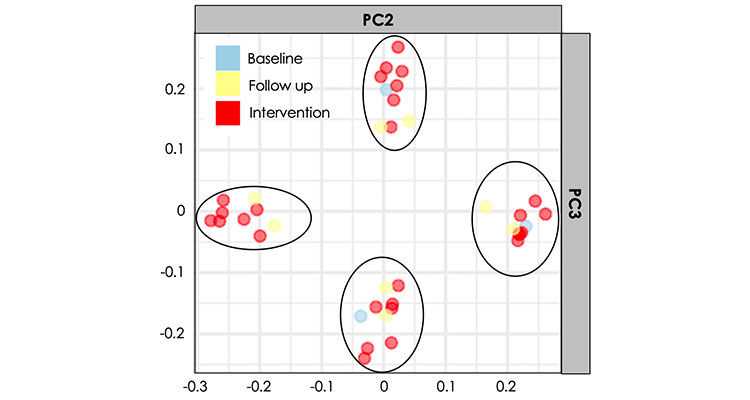
We collect samples and test for various clinical parameters associated with obesity and metabolism including:
- Substrates (glucose, lactate, free fatty acids, etc.)
- Hormones, fasting, or in response to a standardized meal (insulin, cholecystokinin, ghrelin, etc.)
- Inflammatory mediators (C-reactive protein, adiponectin, leptin, etc.)
- Gut microbiome
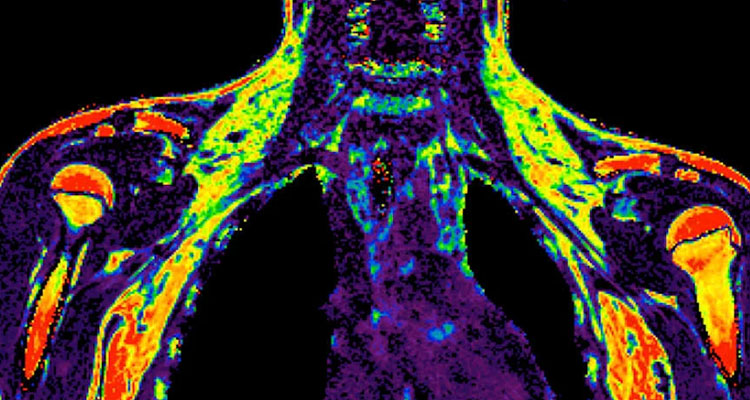
We work closely with the Biomedical Engineering and Imaging Institute on studies of whole-body magnetic resonance imaging (MRI) for quantification of subcutaneous, visceral, and liver fat fractions, and functional MRI to assess the neural response to different types of food.
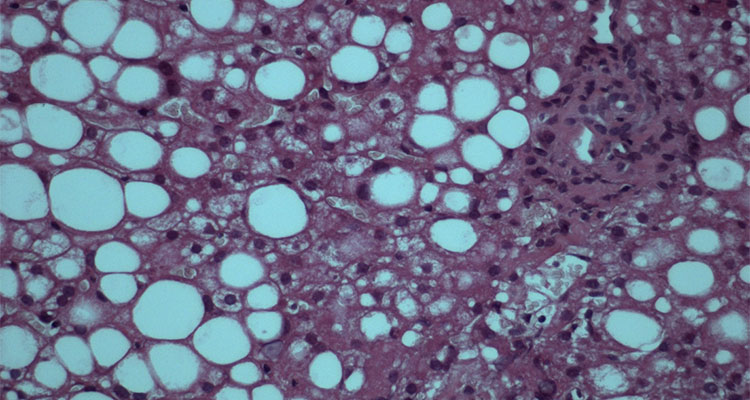
We conduct fat and muscle biopsies to understand mechanisms underlying depot- and sex-dependent differences in adipose tissue growth and their associations with risk for metabolic disease.
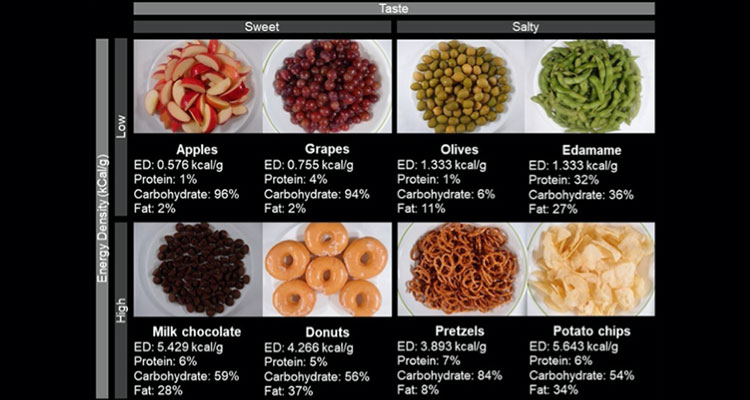
Using state-of-the-art protocols developed by Harry Kissileff, PhD, Assistant Professor of Medicine (Endocrinology, Diabetes and Bone Disease), we study human appetite and ingestive behavior with an emphasis on physiological controls and cognitive cues.
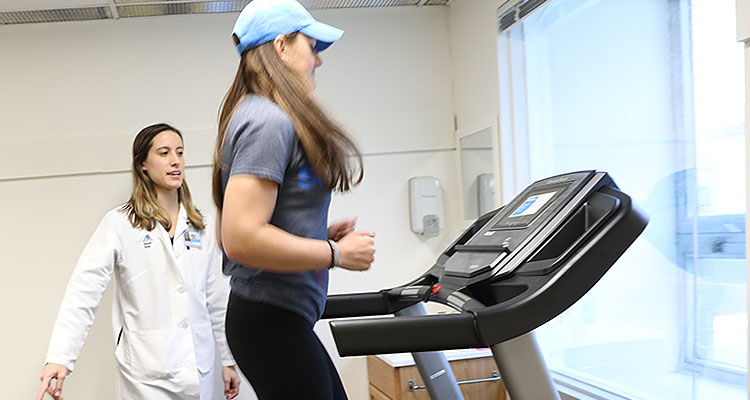
Our on-staff registered dietitians and American College of Sports Medicine-certified exercise physiologists design and monitor clinical feeding studies and physical activity/exercise interventions.
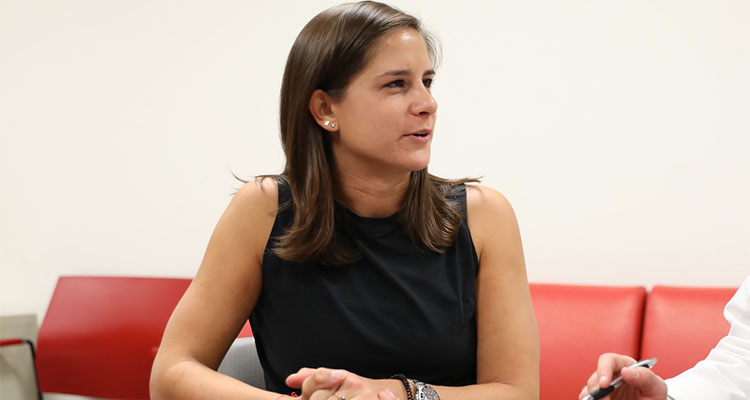
We provide insight on the most appropriate questionnaires used to assess factors such as physical activity, diet, sleep, well-being, and stress.